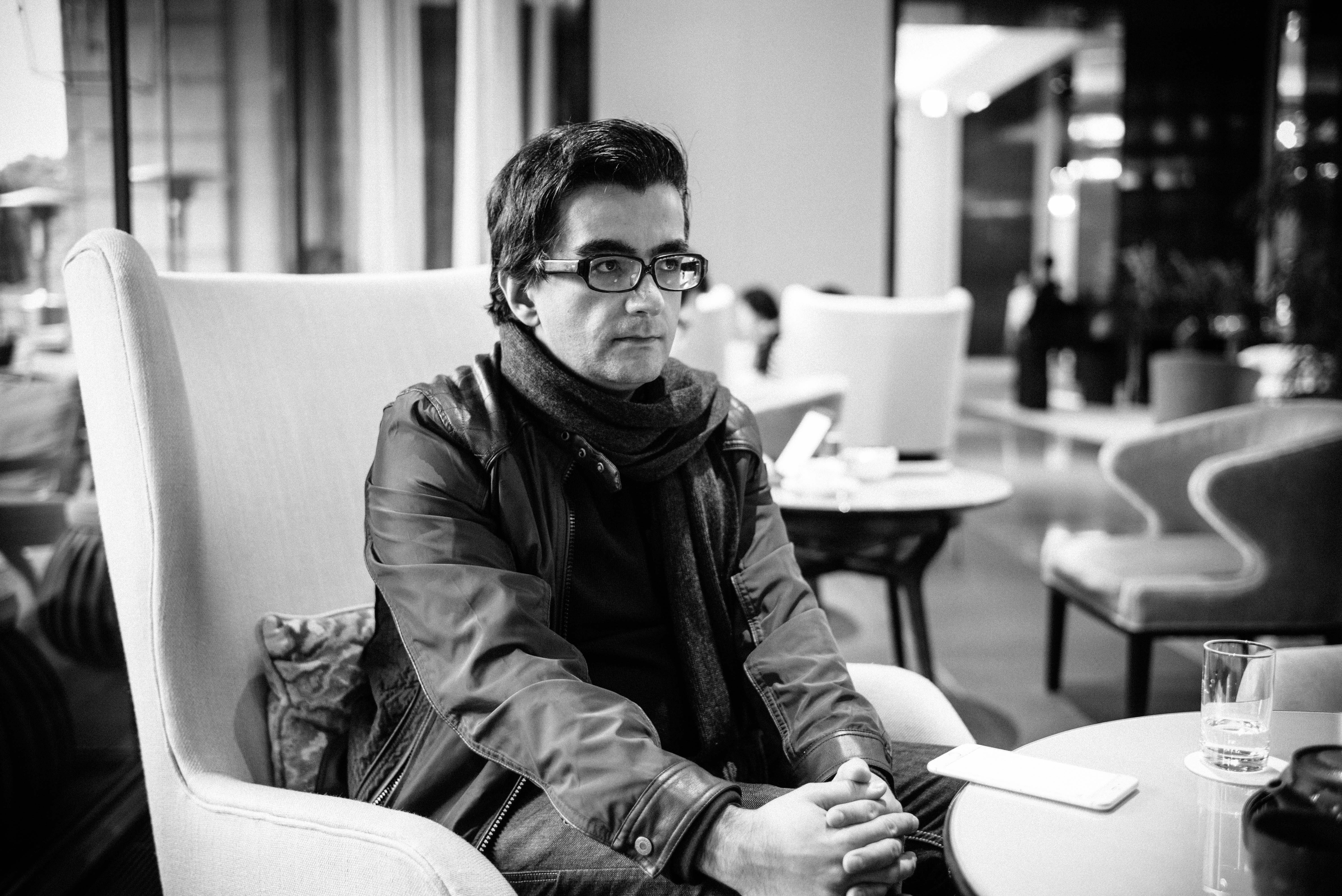
My earliest memory of using a computer was in the early eighties, playing text adventures like Zork or The Hitchhiker’s Guide to the Galaxy on an Apple II computer. Those early games had no graphics, limited commands and often infuriating bugs - and yet they provided a tantalizing glimpse of the power of computers to create an immersive world (even with just text!) Thirty years later, it seems appropriate that one of the first examples of an AI-powered game is once again a text adventure. In this week’s podcast, I talk with Nick Walton, who created AI Dungeon, an AI-generated game that utilizes GPT-3, a text transformer engine built by OpenAI.
Nick is CTO and Co-Founder at Latitude. He has been working on deep learning technology for the last several years, working at autonomous vehicle companies and in a deep learning research lab at Brigham Young University. As I’ve written about previously, we are just at the beginning of a new era of more natural, intuitive computer interfaces powered by AI. With 175 billion parameters, and trained at a cost of over $12 million, OpenAI’s GPT-3 is the most powerful language model ever. What makes AI Dungeon so interesting and relevant to the near future, is that it demonstrates the radical creativity that is possible when you combine a good idea with the heavy lifting of a Cloud AI system that can be generally applied to multiple use cases.
In this episode, you will learn
- An introduction to AI Dungeon, how it works and how it began (3.40)
- Text transformers explained, and why GPT-3 is a game-changer (7:00)
- Symbolic AI, knowledge and mental models (12:00)
- How AI will shape the future of games (14:08)
- The infrastructure and engineering challenges of running massive AI models in the Cloud (22:17)



